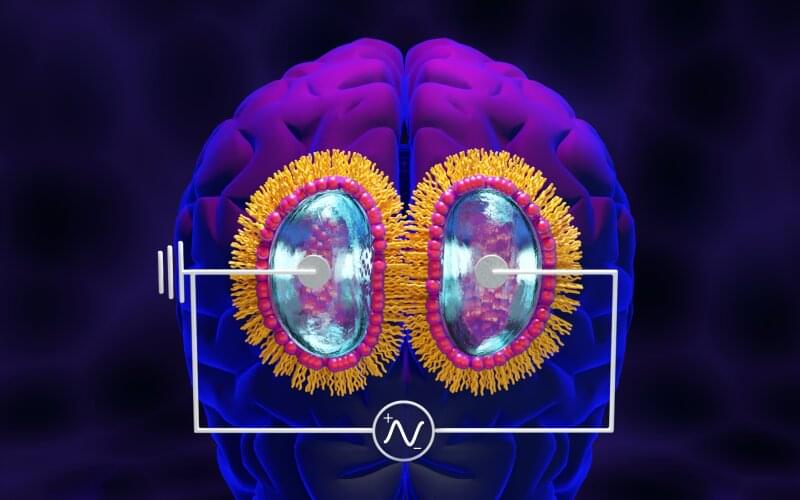While studying how bio-inspired materials might inform the design of next-generation computers, scientists at the Department of Energy’s Oak Ridge National Laboratory achieved a first-of-its-kind result that could have big implications for both edge computing and human health.
Results published in Proceedings of the National Academy of Sciences show that an artificial cell membrane is capable of long-term potentiation, or LTP, a hallmark of biological learning and memory. This is the first evidence that a cell membrane alone—without proteins or other biomolecules embedded within it—is capable of LTP that persists for many hours. It is also the first identified nanoscale structure in which memory can be encoded.
“When facilities were shut down as a result of COVID, this led us to pivot away from our usual membrane research,” said John Katsaras, a biophysicist in ORNL’s Neutron Sciences Directorate specializing in neutron scattering and the study of biological membranes at ORNL.
